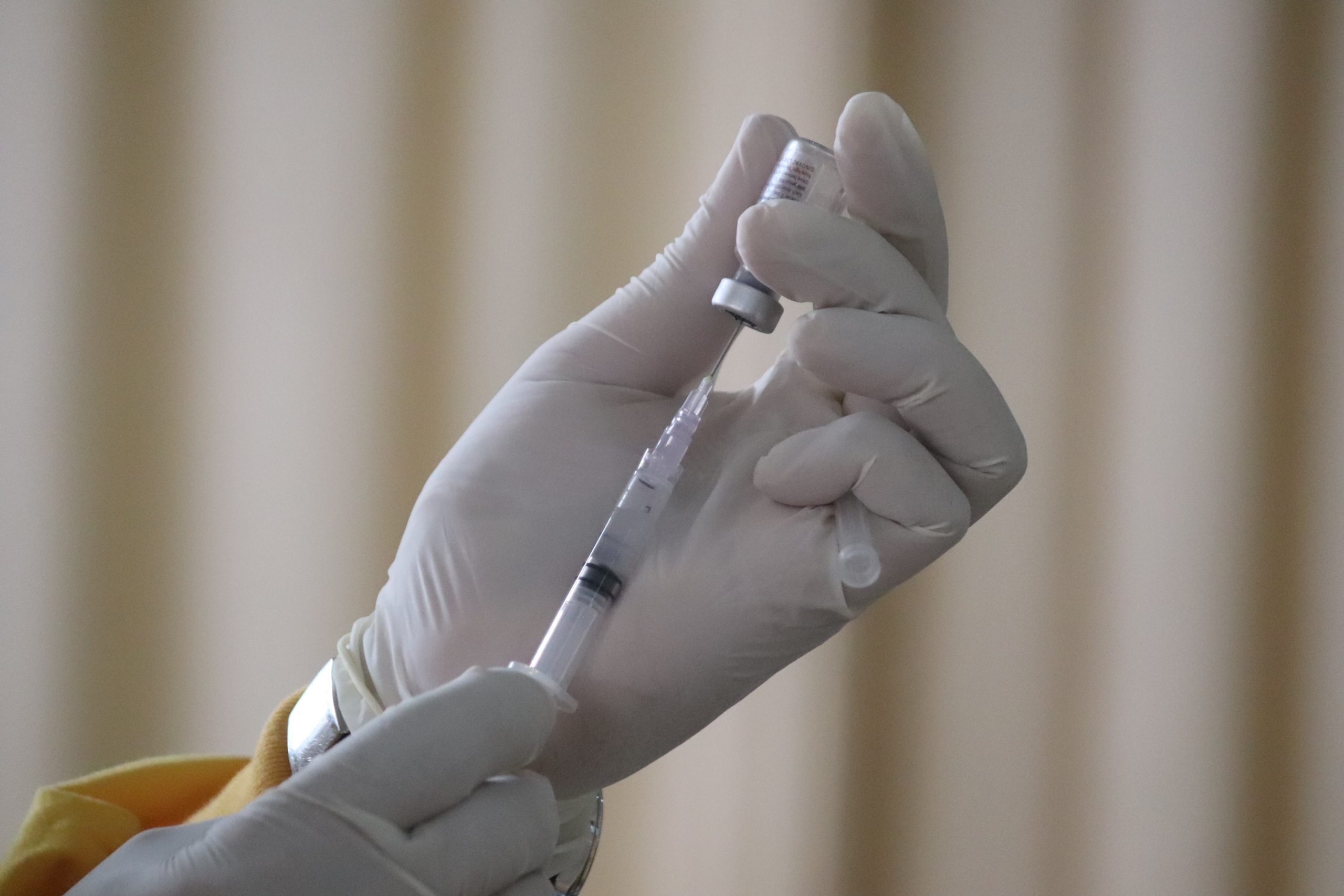COVID-19 Vaccine Information for Clients and Families
Vaccines are one strategy to protect us from COVID-19. They don’t replace other strategies like physical distancing and hand hygiene, but they typically work very well, especially when a significant proportion of the public have received the vaccine.
Canada's Approved COVID-19 Vaccines
Health Canada is responsible with making sure all vaccines offered to Canadians are safe and reliable. After independent and thorough scientific reviews for safety, efficacy and quality, Health Canada has approved four vaccines for use in Canada:
- Pfizer-BioNTech – approved on December 9, 2020. Authorized by Health Canada for adults and youth aged 12-17 as of May 5, 2021.
- Moderna – approved on December 23, 2020. Authorized by Health Canada for adults and also for youth aged 12-17 as of August 27, 2021.
- AstraZeneca – approved on February 26, 2021
- Janssen (Johnson & Johnson) – approved on March 5, 2021
These vaccines:
- were tested on a large number of people through extensive clinical trials
- have met all the requirements for approval, including safety
- will be monitored for any adverse reactions that may occur after vaccination and appropriate measures will be taken


The Pfizer-BioNTech and Moderna vaccines are manufactured in Belgium. After two doses, they are expected to be 94-95% effective. These are both mRNA vaccines – they are a new type of vaccine that teach our cells how to make a protein from the virus that will trigger an immune response and create antibodies. These antibodies help us fight the infection if the real virus does enter our body in the future as they recognize this protein.
These vaccines must be kept frozen during transportation and storage and can only be defrosted and stored for a short time which makes them difficult to use in community settings. This is why we are seeing vaccinations being managed primarily by hospitals.
The AstraZeneca vaccine was developed in conjunction with Oxford University, and is the first viral-vector-based vaccine authorized in Canada to prevent COVID-19. This means it uses a harmless virus which is genetically altered so it carries the coronavirus spike protein, which triggers an immune response, creating antibodies. It can be stored and transported at regular refrigerated temperatures, and will be easier to manage once the vaccines are approved and available. After two doses, the overall efficiency of the AstraZeneca against symptomatic COVID-19 is 62%.
The Johnson & Johnson vaccine, which is expected to have a 66% efficiency rate against COVID-19 from one dose, is also a viral-vector-based vaccine, similar to the AstraZeneca vaccine.
Following the great success with rapid vaccine development globally, our next big challenge is vaccine production and implementation. As production and delivery to Canada is still limited, the government has to prioritize which groups get the vaccine first. The government has set up three phases for vaccine implementation. Phase 1 is happening through March and includes healthcare workers – which includes all home care workers.
The government of Ontario's website has more information about COVID-19 vaccines.
